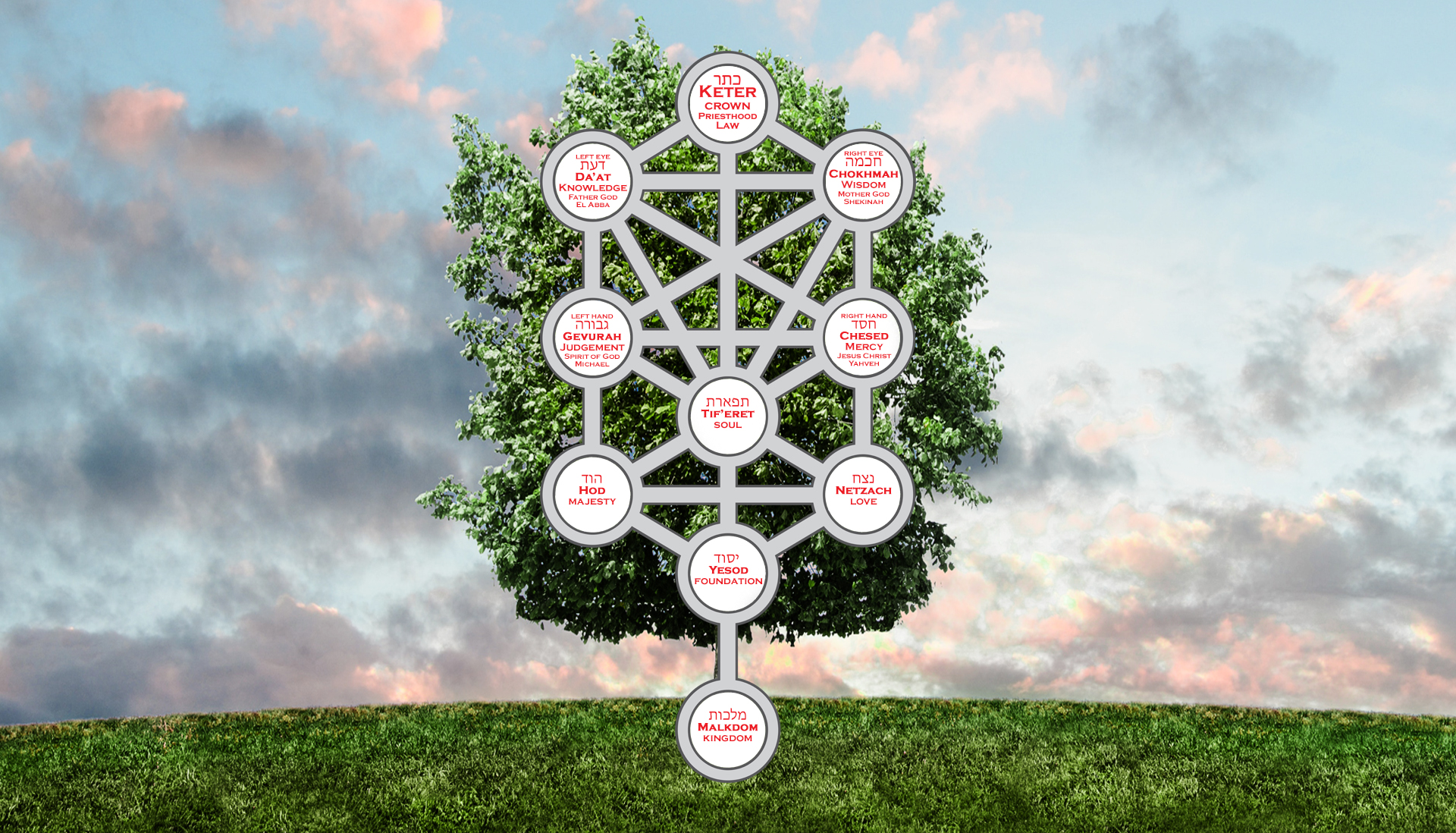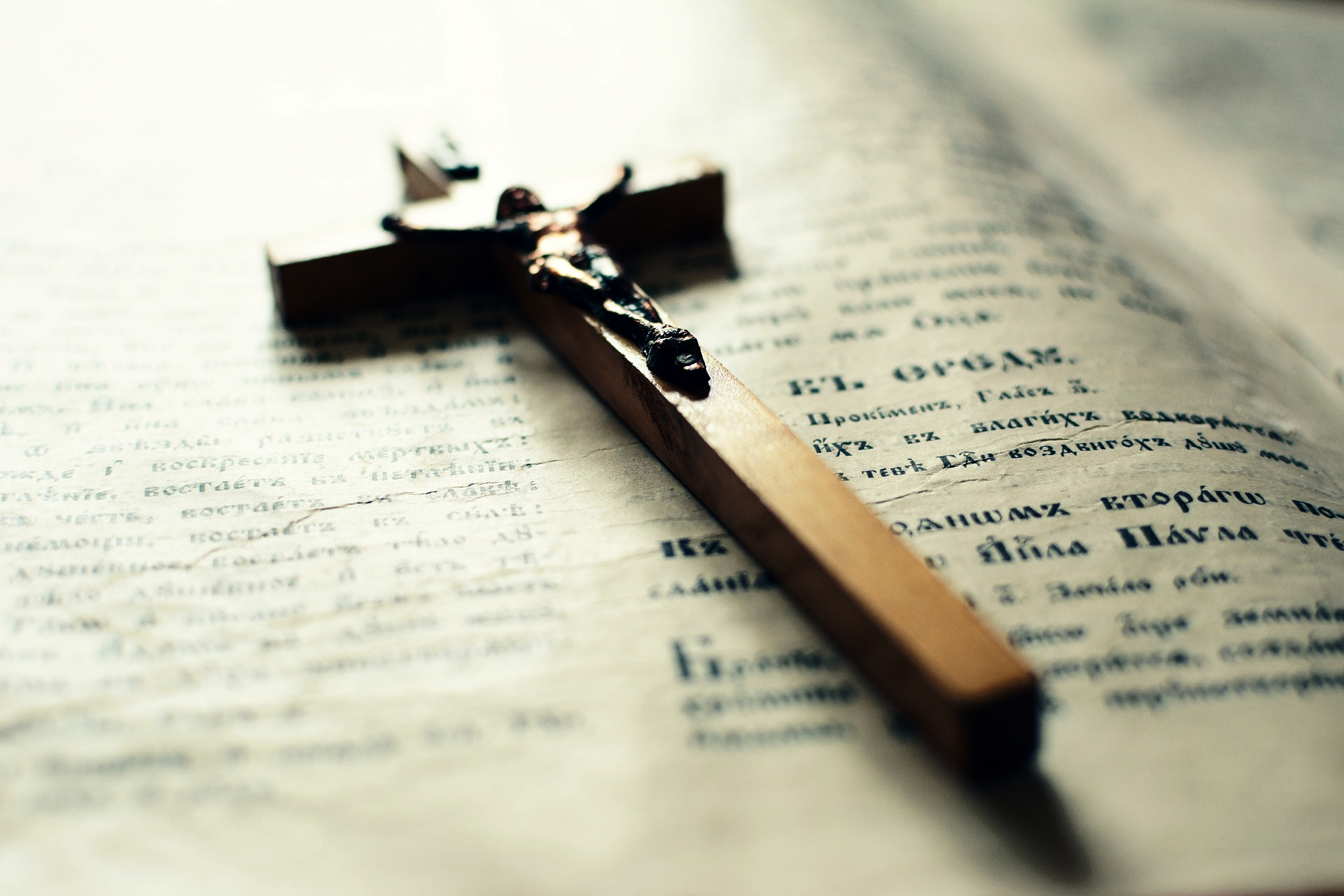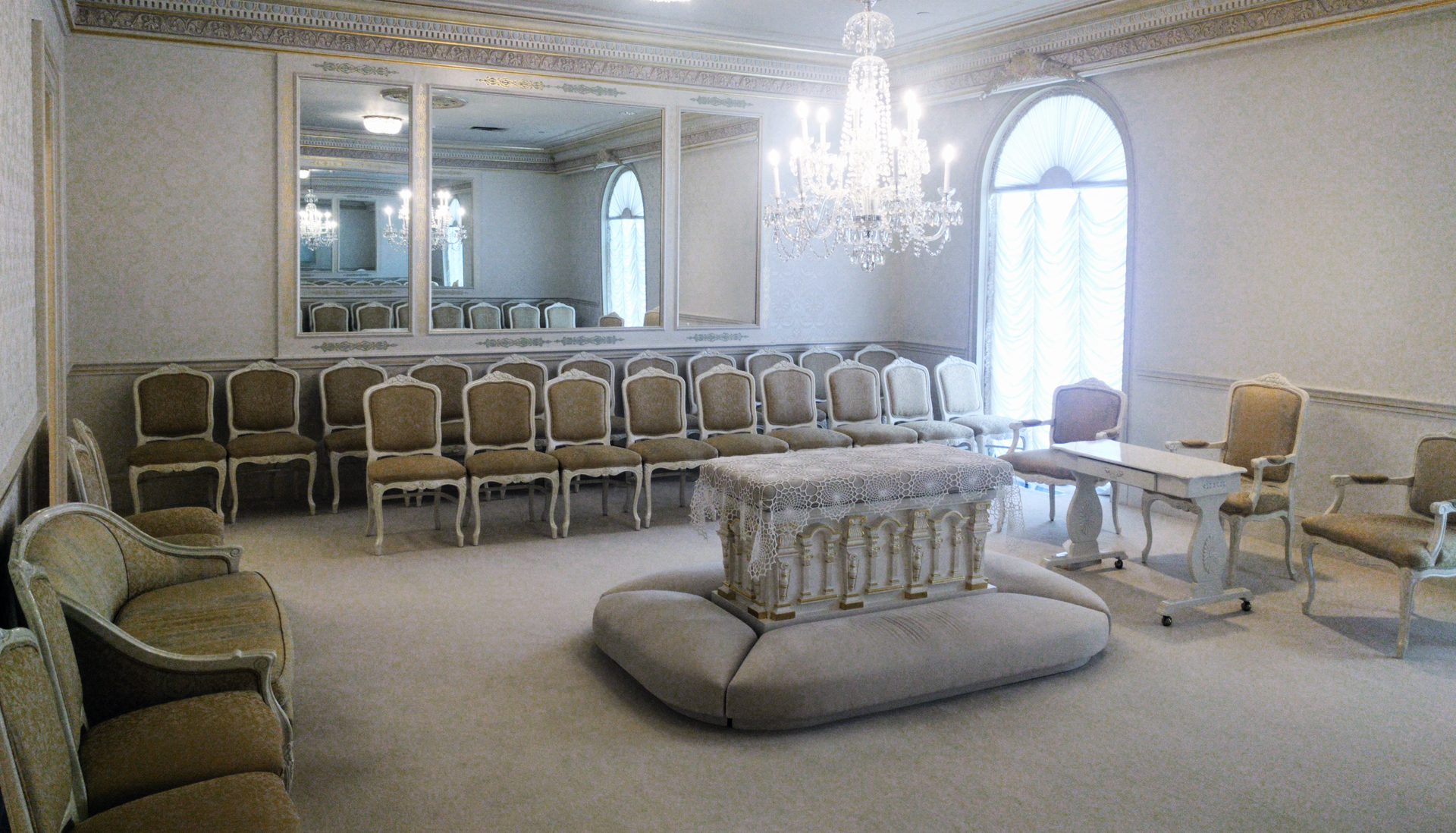What is the Priesthood?
“Ye also, as lively stones, are built up a spiritual house, an holy priesthood, to offer up spiritual sacrifices, acceptable to God by Jesus Christ.” -1 Peter 2:5
I received a very long, but well thought out set of questions from a seeker. To summarize, they wanted to know what the priesthood is, how it works (is it “magic”), why women can or cannot receive it, and what its limits are. We’ve already spoken on women and the priesthood. And, we’ve touched upon the priesthood generally as well. Let’s dig a little deeper.
Air, Earth, Water, and Fire
“And it came to pass after I had prayed unto the Lord, I beheld a large and spacious field. And it came to pass that I beheld a tree, whose fruit was desirable to make one happy.” -1 Nephi 2:48-49 RAV, 8:9-10 OPV
Before we go any further into Teshuvah, we need to go over some more advanced information. We’re going to dive into the Mormon Kabbalah’s Tree of Life, and the elements, and introduce some of the Sephirot. While the Godhead or Trinity, however one sees Him or Them, are all one in purpose, They are still divided as to Their roles and how we understand Them. We need to understand these differences before we move any further.
Teshuvah: Born Again
“Thou shalt also be a crown of glory in the hand of the Lord, and a royal diadem in the hand of thy God.” -Isaiah 62:3
Hebrew for “Crown,” Keter is the topmost of the Tree of Life. It is the highest Sephirot above and between Da’at (knowledge) and Chokmah (wisdom). “It is the principle of all principles, the hidden Wisdom, the Crown which the Highest of the high, and by which all crowns and diadems are crowned” (Zohar 7:p.146).
Teshuvah: The Gospel of Jesus Christ
“The time is fulfilled, and the kingdom of God is at hand: repent ye, and believe the gospel.” -Mark 1:15
Teshuvah is a Hebrew word translated in the Bible as “commandment“ or “repentance.” However, it’s true meaning is “return,” as in one returning to their original state. We use the term Teshuvah in Mormon Kabbalah for a few reasons. The main reason is because we are not leaving our old lives or old paths when we set Ego aside for something new. Rather, we are returning to the path we were already on.
What is Mormon Kabbalah?
“O all ye that are pure in heart, lift up your heads, and receive the pleasing Word of God, and feast upon his love; for ye may, if your minds are firm forever.” -Jacob 2:50 RAV, 3:2 OPV
Mormon Kabbalah isn’t really new. Joseph Smith’s magical world views were based on folk magic, Hermetics, and Kabbalah. As the religion progressed, forked, and grew, the new denominations that were birthed from the death of the original church forged new paths with new teachings and understandings.
Chokhmah
“Remember the Sabbath day, to keep it holy; blessed are all they who are persecuted for righteousness’ sake, for theirs is the kingdom of heaven.” –Book of the Law of the Lord 1:3/3 Nephi 5:57 RAV, 12:10 OPV
The 10 Sefirot (Hebrew for “emanations”) are the 10 attributes of God in Kabbalah, through which Ein Sof (the Everlasting name of God) reveals Himself/Themselves to humankind. There are a few different ways of using the Sefirot. Some Kabbalists study and grow from attribute to attribute, while others see them as an urim and thummim. As an urim and thummim, the right and left sides create a series of “lenses” for the natural eyes, while the center creates a series of “lenses” for the third or spiritual eye. Through this urim and thummim, God helps us see both the physical realm and the chain of higher metaphysical realms.
Temple Altar
“And it came to pass that he built an altar of stones, and made an offering unto the Lord, and gave thanks unto the Lord our God.” -1 Nephi 1:34 RAV, 2:7 OPV
As disciples and worshipers of Christ, the first temple in our lives is our bodies. To create a sacred space for home worship, meditation, and other spiritual needs, our second temple is our home temple. For this, members and ministers may have a temple altar in their homes. There they may bless and pass the Sacrament of Communion, receive and share Initiatories and Endowments, and gather with other saints around the altar in the various orders of prayer.
Rise, Ye Saints, and Temples Enter
“Become a people of the Temple—those who see violence but proclaim peace, who feel conflict yet extend the hand of reconciliation, who encounter broken spirits and find pathways for healing.” Doctrines of the Saints 2c:14
Once we’re saved, there are different tasks the Lord calls us to do; all are disciples, some are ministers. Ministers may have various offices and ministries. All ministers should have a dedicated temple area and an altar in their home. What does it mean to have a temple in our homes? This refers to creating a safe space where one my do or prepare to do the Lord’s works.
The Temple of God
“Know ye not that ye are the temple of God, and that the Spirit of God dwelleth in you?” -1 Corinthians 3:16
The “magical world” is an abstract idea used by fantasy and religions alike. Methods may vary, but the main difference comes from the argument over who has the better story or philosophy. This is not to say that what the world calls “magic” is not real. It’s simply to state that one’s path is not the same as another’s, and that’s okay. There’s no reason to fight over paths that work. God’s vineyard is far larger than one denomination. And, those that haven’t heard the Law, yet have it written in their hearts, will still be saved (see Romans 2:11, 14-15, DaC 76).
And a Contrite Spirit
“The sacrifices of God are a broken spirit: a broken and a contrite heart, O God, thou wilt not despise.” -Psalms 51:17
The Lord has asked us to come to him with a broken heart and contrite spirit (3 Nephi 4:49 RAV, 9:20 OPV). As we’ve already stated, a “broken heart” is a pierced heart. One open to both receiving and pouring out God’s Love, the true prayer now inscribed upon it. What then is the “contrite spirit?”
A Broken Heart
“The Lord is nigh unto them that are of a broken heart; and saveth such as be of a contrite spirit.” -Psalms 34:18
When teaching the people he had gathered in the Americas, Jesus did away with the sacrificing of animals. He asked for something more personal when he told them, “ye shall offer for a sacrifice unto me a broken heart and a contrite spirit” (3 Nephi 4:49 RAV, 9:20 OPV). But what does this mean?












